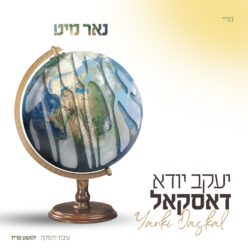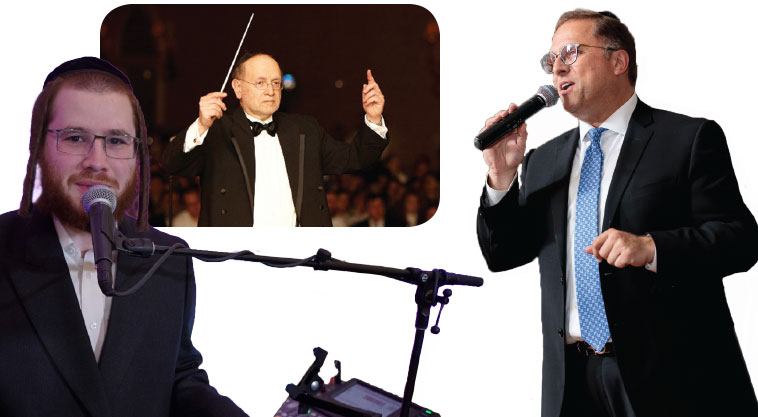A Respectable Performance
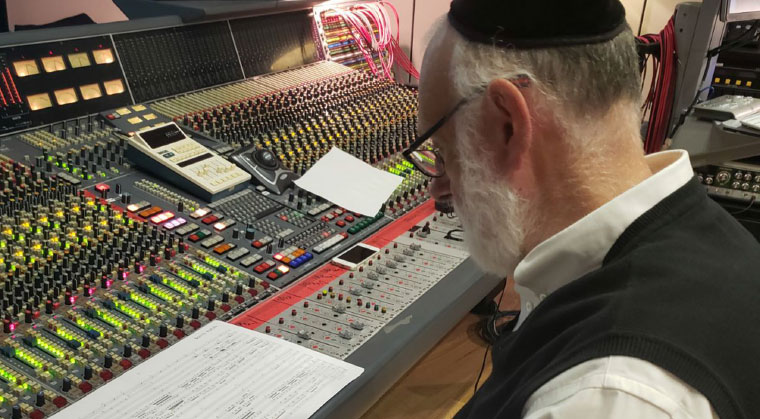

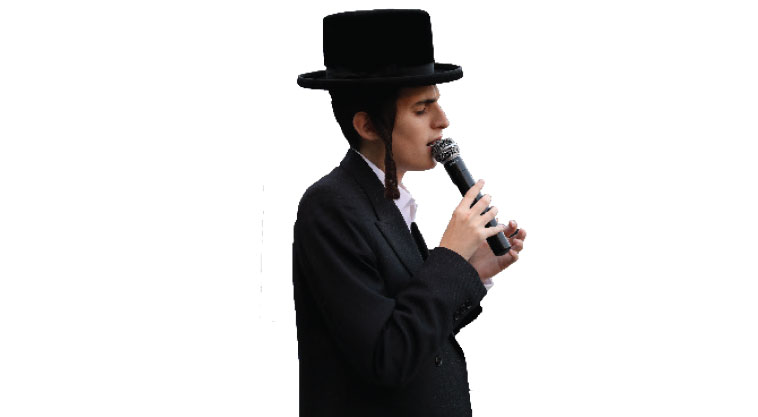
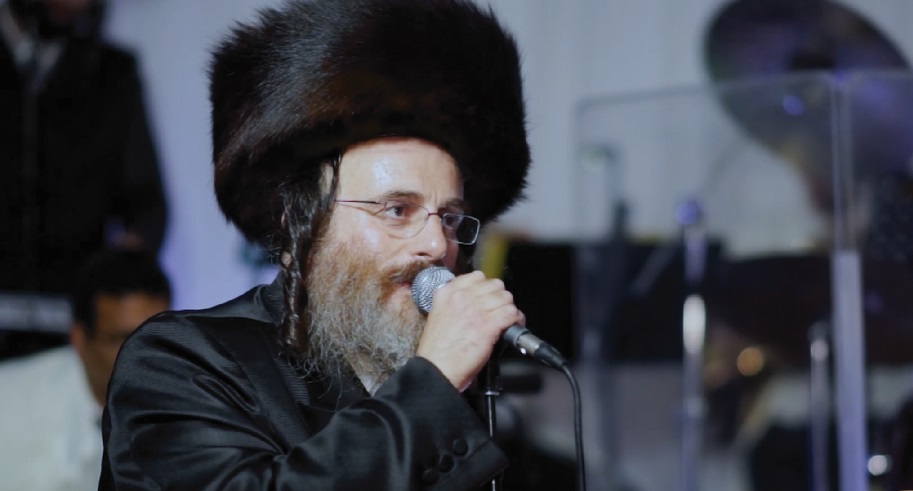
Singer Isaac Honig:
I
can give you a few examples of songs that give me a real uplift. These are songs that were surely composed with a great feeling of connection because that comes across, giving the listener a derhoibene feeling. Yossi Green classics, like “Ka’ayol Taarog” and “Emes Ki Atah Hu Yotzrom” on Avraham Fried’s The Time is Now and We Are Ready albums. Then there’s Dedi’s “Omnom,” and Reb Moshe Goldman’s “Melech Shochein Ad,” with its high part “Melech maazin sha’avah,” which I sang on my album Behar Hamoriah. All these songs can help someone who’s feeling a little low.
(Originally featured in Mishpacha Issue 746)
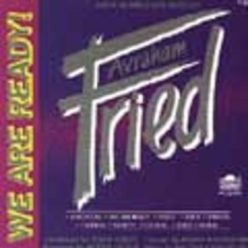

If music has the power to transport us back in time, the distinctive voice of Reb Abish Brodt singing on last month’s release Mashmia Shuloim took listeners back a few decades. The Regesh series of albums were a well-loved heimishe sound in the 1980s and 1990s, and Reb Abish — also famed for his singing at the Siyum HaShas in MetLife Stadium — is back in a guest-appearance duet with his grandson Shulem Brodt, the album’s child soloist. Together they sing Regesh’s iconic “Kavei” — an updated sound to a beloved classic.
Mashmia Shuloim, which showcases the versatility of young Shulem’s voice, offers four medleys. Producer Avrumi Berko explains that they are categorized according to genre. “Listeners have their different preferences, so this seemed like the best way to organize the album,” he says.
The album is a collection of familiar oldies, like MBD’s “Mame Rochel” and Abie Rotenberg’s “Habeit,” supplemented by newer songs with a timeless feel, like “Shivisi Hashem” from the last Shwekey album. There are also several songs from composer Duddy Kalish. Avrumi Berko couldn’t resist adding one new song of his own, titled “Torosoi,” the words taken from the last stanza of the piyut “Ve’amartem Koh Lechoi Rabi Shimon Bar Yochai.”
“I know there are several niggunim to these words,” he says, “but they’re all fast tunes. I thought that a slow niggun would bring out the depth in a different way.”
(Originally featured in Mishpacha, Issue 746)
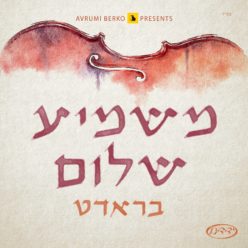
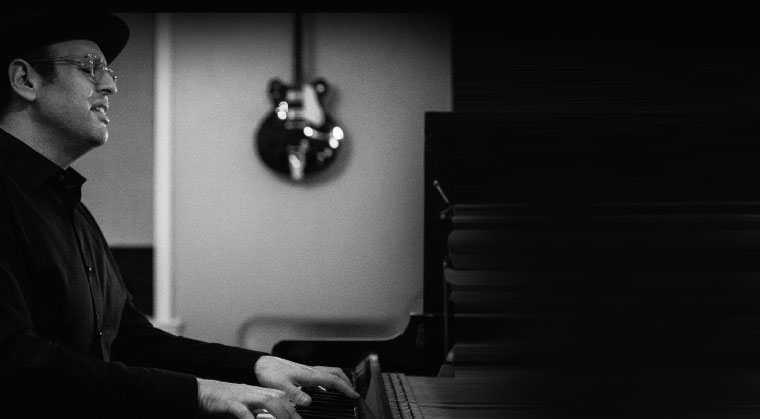
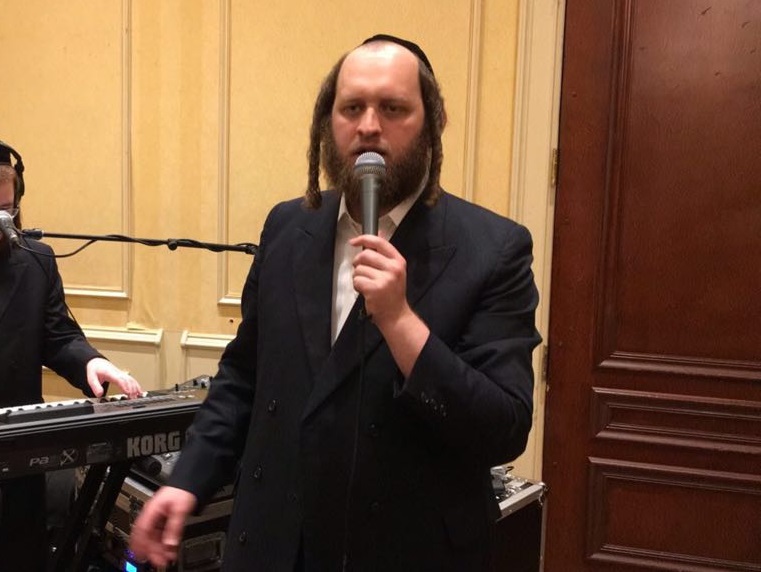

Every artist wants his album to be as perfect as can be, but sometimes he has to take a gamble. Is the song he’s deliberating over going to soar or flop? Is that last-minute replacement going to be dynamic or a sleeper?
How do you know you've made the right choice?
On Shmueli-2, we had recorded an entire song, “Mah yisron le’adam lechol amalo,” but we’d recorded it as “bechol amalo,” misquoting one word from the pasuk in Koheles. Moshe Laufer, the arranger, was the one who realized our error. It was last minute, but there was no option of putting out the song with the wrong word, so we went back to the studio to rerecord.
(Originally featured in Mishpacha, Issue 745)
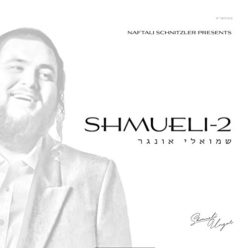
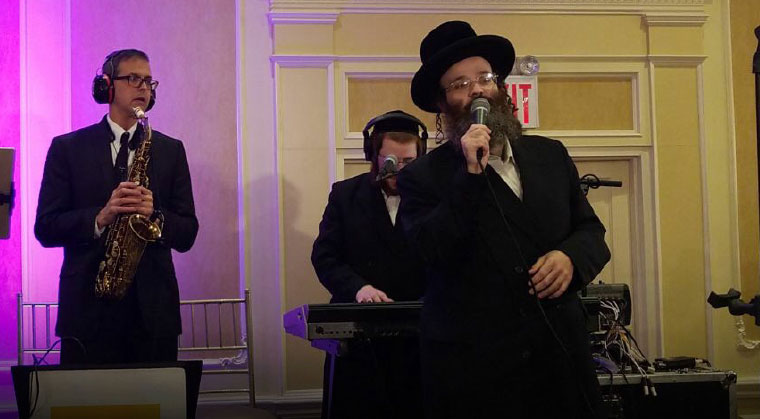
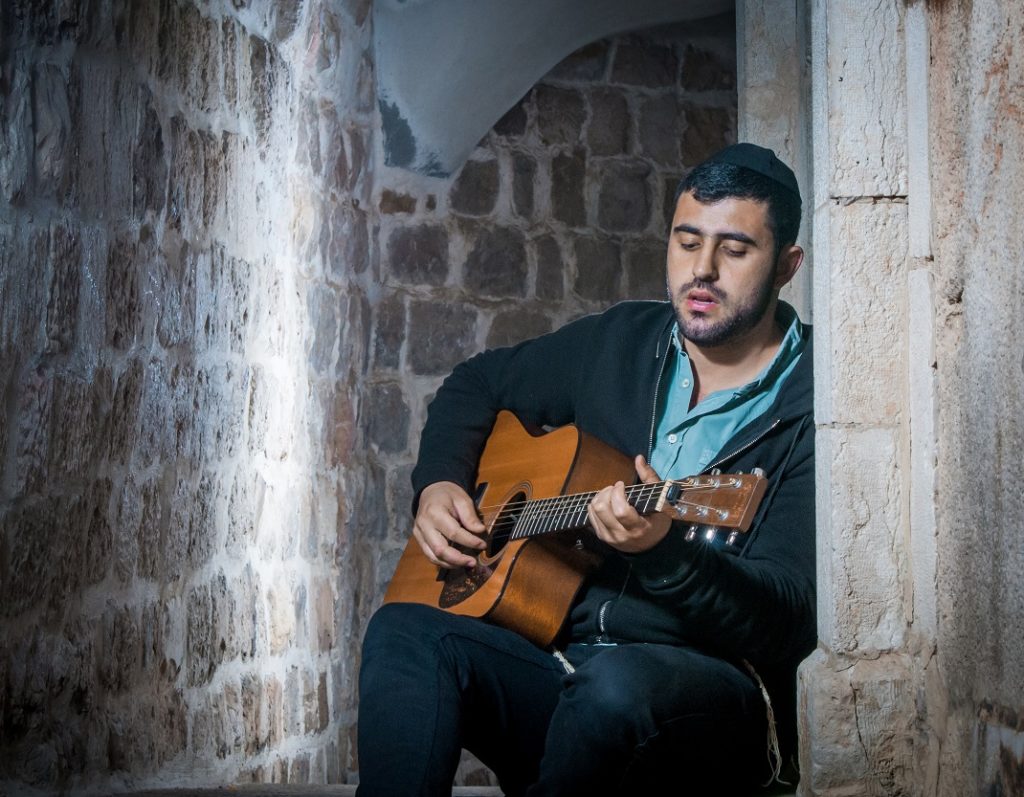
Every artist wants his album to be as perfect as can be, but sometimes he has to take a gamble. Is the song he’s deliberating over going to soar or flop? Is that last-minute replacement going to be dynamic or a sleeper?
How do you know you've made the right choice?
I was 23, and we were preparing to record my first album. I began with a list of 20 songs, but we went through a process to choose 12 of them. Then, at the last minute, I wrote a new song. I brought it along to the studio, saying to my producer, “I wrote this yesterday. Do you think it’s suitable?” That song was “Tocho Ratzuf Ahava.” It was the first song to be released, and a lot happened because of it.
I see such a mussar in that story. Hashem was guiding me through a process. I didn’t really have the experience and connections, but He sent me that song at the last minute, and things might have looked different if the album had come out without the song — including the name of the album (Tocho Ratzuf Ahava)!
(Originally featured in Mishpacha, Issue 745)
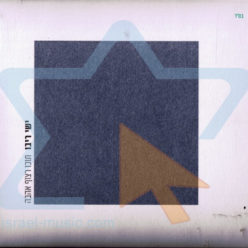
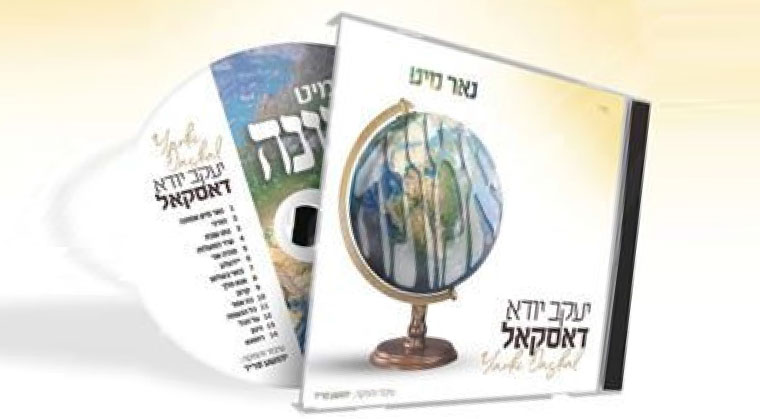
Nor Mit Emunah may be Yanky Daskal’s debut album, but the Vizhnitz singer’s warm and leibedig voice is familiar to chassidic music listeners from the Simchas Bais Hashoeiva albums and the L’chaim Tish series, as well as decades of rousing the dancers at weddings. Perhaps the music closest to Yanky Daskal’s heart is the melodies he sounds as one of the key singers and composers of the Vizhnitz court, where he sang in the children’s choir since the young age of eight. He’s also composer of the 1990’s hit “Hakol Yoducha,” and the moving “Vehi Noam” from Motti Steinmetz’s debut album, Hanefesh Bekirba.
There’s true chassidish flavor in his new release, a 14-track album with a selection of uplifting songs, including a “Gut Shabbos” song that echoes the Vizhnitz’s traditional emphasis on the beauty and sanctity of Shabbos. The compositions are all Daskal’s own, and several have Yiddish lyrics in addition to pesukim.
“Many people questioned why I included 14 songs, instead of selecting 10 or 12,” he says, “but I would have stuffed in more if I could. Why not give over all I have?”
Musically, the singer/composer’s own top pick is Track 12, “Al Hakol,” a melodic prayer for the revelation of Hashem’s glory, featuring the words recited as the sefer Torah is brought to the bimah for leining. “This piece of music is a retrospective,” he explains. “In recent years, music has become more instant and electronic. A melody has to be simplified so it can take hold right away. But ‘Al Hakol’ is a throwback to the music of decades ago. It has a complex structure, including waltz and march sections, three-beat, four-beat, and even seven-beat sections. I hope people will take the time to learn it — because while it’s difficult, it’s absolutely worthwhile.”
The title track, “Nor Mit Emunah,” was composed in two parts — the first part one Thursday as Daskal made his way from Ashdod to Jerusalem to visit a patient in Hadassah Ein Kerem, and the second part after that visit, on the way to cheer up a patient in a different hospital. That Motzaei Shabbos, he tried out the completed song in the Brachfeld home of a Vizhnitzer avreich who was about to begin intensive chemotherapy.
This particular patient became very attached to the song. “A friend who was escorting him home from treatment at Tel Hashomer hospital told me that the song ‘Nor Mit Emunah’ literally revived him. He was carried into the ambulance after treatment, frail as a paper cutout, and slowly, slowly, singing the song gave him energy, until he was singing and swaying, almost dancing with faith.”
That Purim, the new song was sung in Vizhnitz, and the following Erev Rosh Hashanah, the avreich called Yanky Daskal. He had just been declared free of the dreaded disease, and wanted to thank the composer for what he described as “the wonder pill I took three times a day” — the song of unswerving faith.
(Originally featured in Mishpacha, Issue 745)
